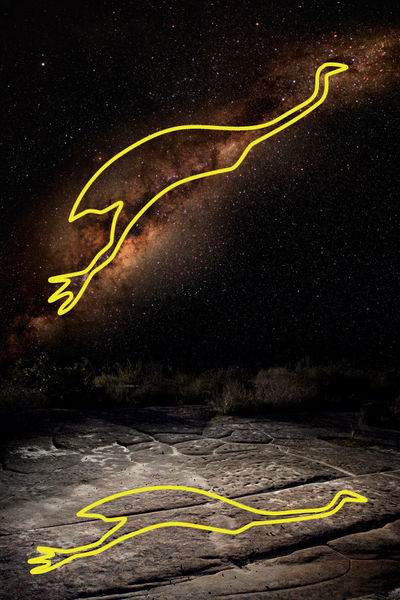1. You've all heard that blondes have more fun. There is even a recurring urban legend that they are becoming extinct, which seems like an effort to get them to have even more fun while they are still around, but what about that most rare hair color, redheads?
Apparently they are in their 50,000th year of not getting enough respect.

It turns out that redheads are not only having less fun (unless it is their secret way of having way more fun and staying under the radar) they have other painful issues that aren't related to lonely Friday nights - it seems that the mutation in the MC1R gene that results in the pheomelanin that makes red hair is now also implicated in requiring larger doses of anesthesia during surgery and a resistance to pain pain blockers like Novocaine.
So the urban legend about extinct blondes is just that but redheads being difficult? Yep, that one is true. Even to their doctors.
2. Want to join a sex party but avoid the STDs, huge white bellies and Walk Of Shame that will result when you sober up? The Australian Electoral Commission has officially declared the Australian Sex Party a legal one, so they can get seats in Parliament - and take on the 'religious right' who insist on pesky things like fewer teen pregnancies and being nicer to each other, though it's hard to argue that sex isn't really, really nice.
3. Saturn's rings will disappear tomorrow - Mayans annoyed at premature Apocalypse. Saturn's rings, all 35 trillion-trillion tons of them, are composed mostly of ice and rocks and they're 170,000 miles wide - but only 30 feet thick. Which means at just the right angle, they reflect no light and ... disappear.

Conception of Saturn's ring particles. The blue particles are mostly of ice and clump together to form elongated, curved aggregates, continually forming and dispersing. The space between the clumps is mostly empty. The largest individual particles shown are a few yards across. Credit: NASA/JPL/University of Colorado
Saturn's orbit takes 30 years so we're treated to the Saturn vanishing act every 15, during it's 'equinox'. It's just bad luck this didn't happen in December 2012.
4. Can you patent phylogenetics? It seems obvious you can't do something so broad but it won't keep Microsoft from trying. Obviously evolutionary biologists piece together how organisms are related through examining changes in their genetic sequences. But anything can happen if judges don't understand science.
In other news, I just patented arithmetic so you can now add up how much you owe me for all the times you intend to calculate a tip at dinner for the next rest of your life.
5. The world's first astronomers? I have long contended that not only are we not more intelligent than primitive people, we are probably less so - because dumb people have rights now too and one of those is the right to be rescued after doing dumb things and then later procreate.
CSIRO astrophysicist Ray Norris can make the case that the aborigines were the world's earliest astronomers, and I would contend they are extremely intelligent even today - if you take an aborigine and give him a taxicab, he will be making money in three days. How long would it take you to die in the Outback?

The Emu in the Sky stretches across the Milky Way. (Source: Barnaby Norris)
They knew a lot about stars and calendars well before any modern devices were to be found. They even have an Australian Stonehenge, it seems. It's nice that Australians are finally catching on that Aborigines are pretty cool. That only took 200 years.





Comments